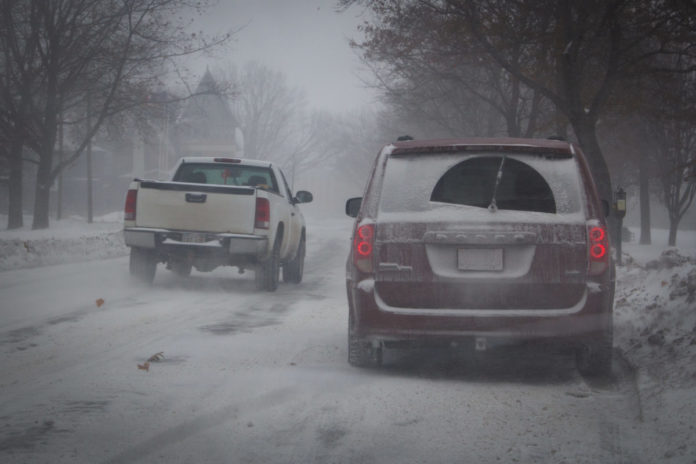

While some Fredericton residents are excited about the irregular and warmer weather patterns seen so far this season, others worry about the implications it has on the climate.
Lauren Acorn, the co-chair of STU Sustainability, is one who believes people should feel concerned.
“I don’t love the winter, but I also don’t like seeing it being 10 degrees in December and January,” she said.
“It’s not natural … it definitely causes concern.”
Acorn went on to explain how serious the effects of climate change can be, citing Hurricane Fiona as an example.
“I was volunteering at some of the shelters where they were handing out food because a lot of people, including my family, were out of power,” said Acorn.
“Images that were circulating online showed decades’ worth of erosion happening just basically overnight on P.E.I.”
Charles Bourque, a meteorologist and hydrologist at the University of New Brunswick, said it’s more complex than a matter of climate change.
“We can expect snow and melting of snow during the winter seasons, so it’s really difficult to say that this, in particular, is due to climate change,” he said.
Bourque said by looking at weather patterns over the past 20 years, recurring conditions actually show an overall increase in snowfall.
He attributes this to air from the southern parts of the world possibly being more humid. Once it passes into New Brunswick there can actually be more snow.
“So it is not clear cut. There is actually a lot of complexity to climate change,” said Bourque.
The biggest area of concern for Bourque is the future flooding that may occur.
“When you look at climate models they tend to indicate this region [will] become somewhat wetter because of our location,” said Bourque.
“For us, this means that we are in a pretty good position, but we may have to contend with more water … we can see a potential for this intensity to increase with climate change.”
Bourque said residents should accept changes are going to come and that one of the biggest ways we can adapt is through the way we use the land.
“We can expect these events to occur and based on that we should try to adapt. Mitigation has to be done simultaneously. It’s a complex problem.”
